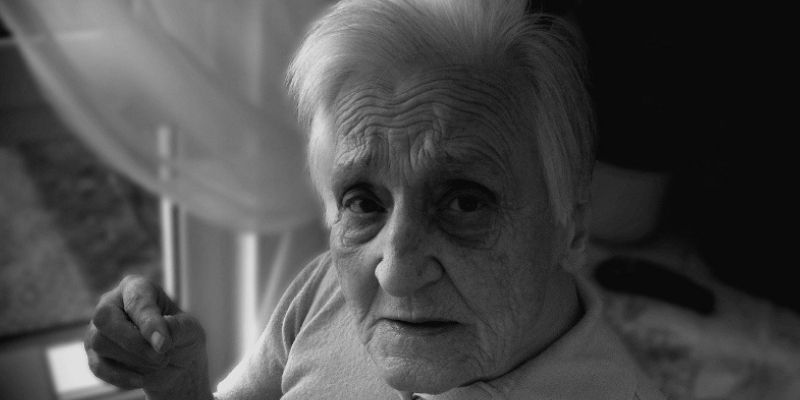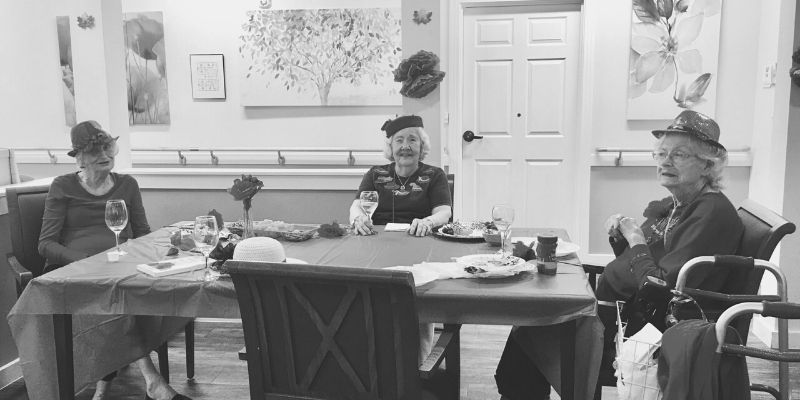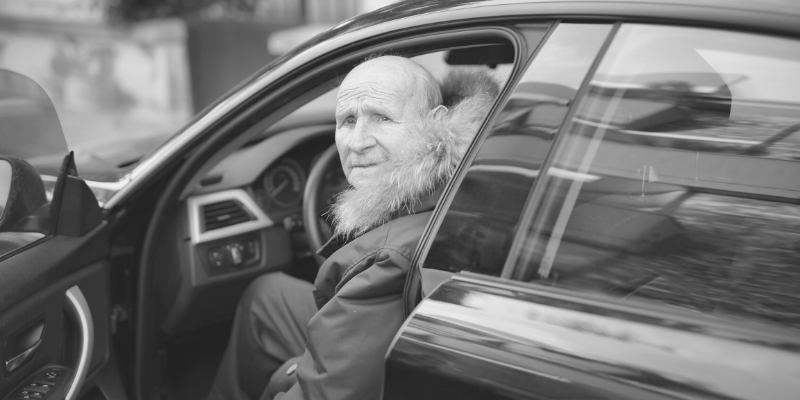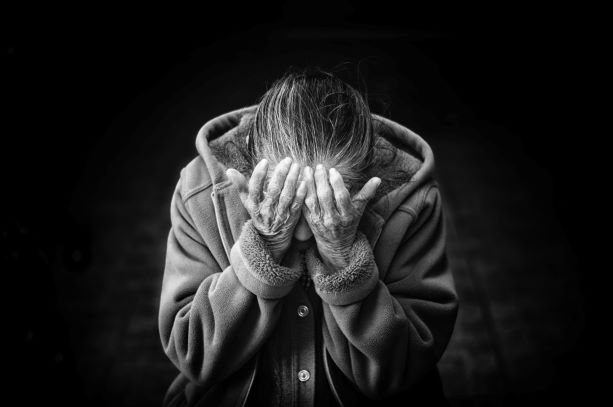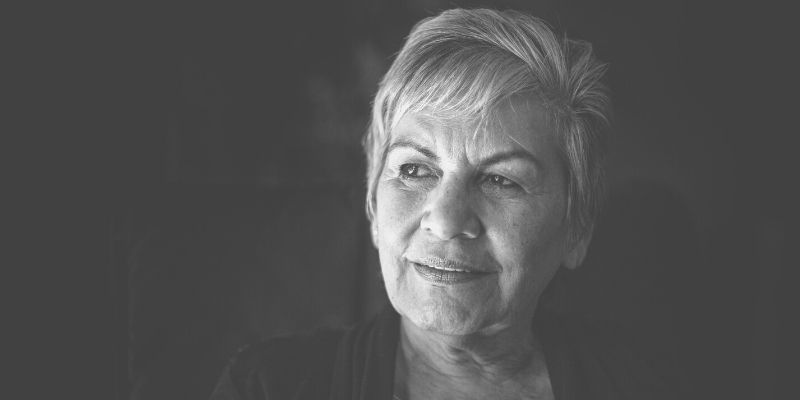When you or your loved one are looking for a therapist who is experienced with dementia, you may encounter some confusion with the many titles that mental health professionals hold, as well as what they treat. We hope that this blog will help you to better understand your options in the Round Rock, Texas area.


